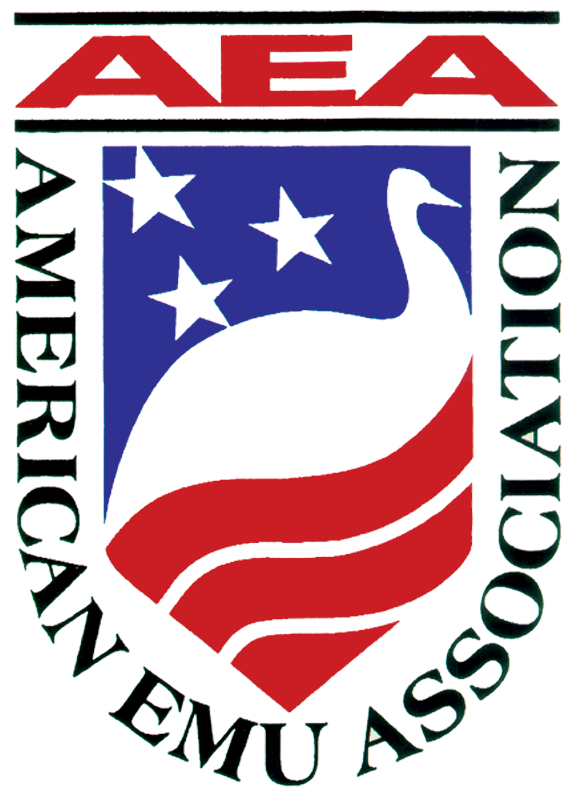Assessment of the ability of ratite-origin influenza viruses to infect and produce disease in rheas and chickens.
Pathobiologic characteristics were determined for three mildly pathogenic (MP) ratite-origin avian influenza viruses (AIVs). Ratite-origin AIVs produced respiratory disease in rheas, and virus was reisolated from oropharyngeal and cloacal swabs on days 2-6 postinoculation. Inoculation of two ratite-origin AIVs in the upper respiratory tract of chickens resulted in viral infections, but the mean chicken infectious dose (CID50) for A/emu/Texas/39924/93 (H5N2) (Emu/Texas) virus was 500-fold lower than the CID50 for the A/rhea/North Carolina/39482/93 (H7N1) virus. In ovo and in vivo passage of the MP parent Emu/Texas isolate resulted in emergence of a highly pathogenic (HP) variant that had high plaquing efficiency in chicken embryo fibroblast cultures and was highly lethal in chicken pathotyping tests. This variant virus produced gross lesions in chickens similar to those reported for other HP AIVs. These findings demonstrated that ratite-origin AIVs can produce significant clinical disease in rheas and have a realistic potential for interspecies transmission to domestic poultry. Furthermore, HP variants can emerge from MP H5 ratite-origin AIVs if introduced and allowed to circulate in chicken populations.
Avian Dis. 1996 Apr-Jun;40(2):438-47.

Founded in 1989, The American Emu Association is a non-profit trade association representing breeders, producers and marketers of emu meat, oil and other emu co-products. The emu industry is an alternative agricultural industry, dominated by the small farmer, who is devoted to humane and environmentally positive practices that will produce beneficial products for society. For more information about the American Emu Association (AEA) or the emu industry visit https://aea-emu.org